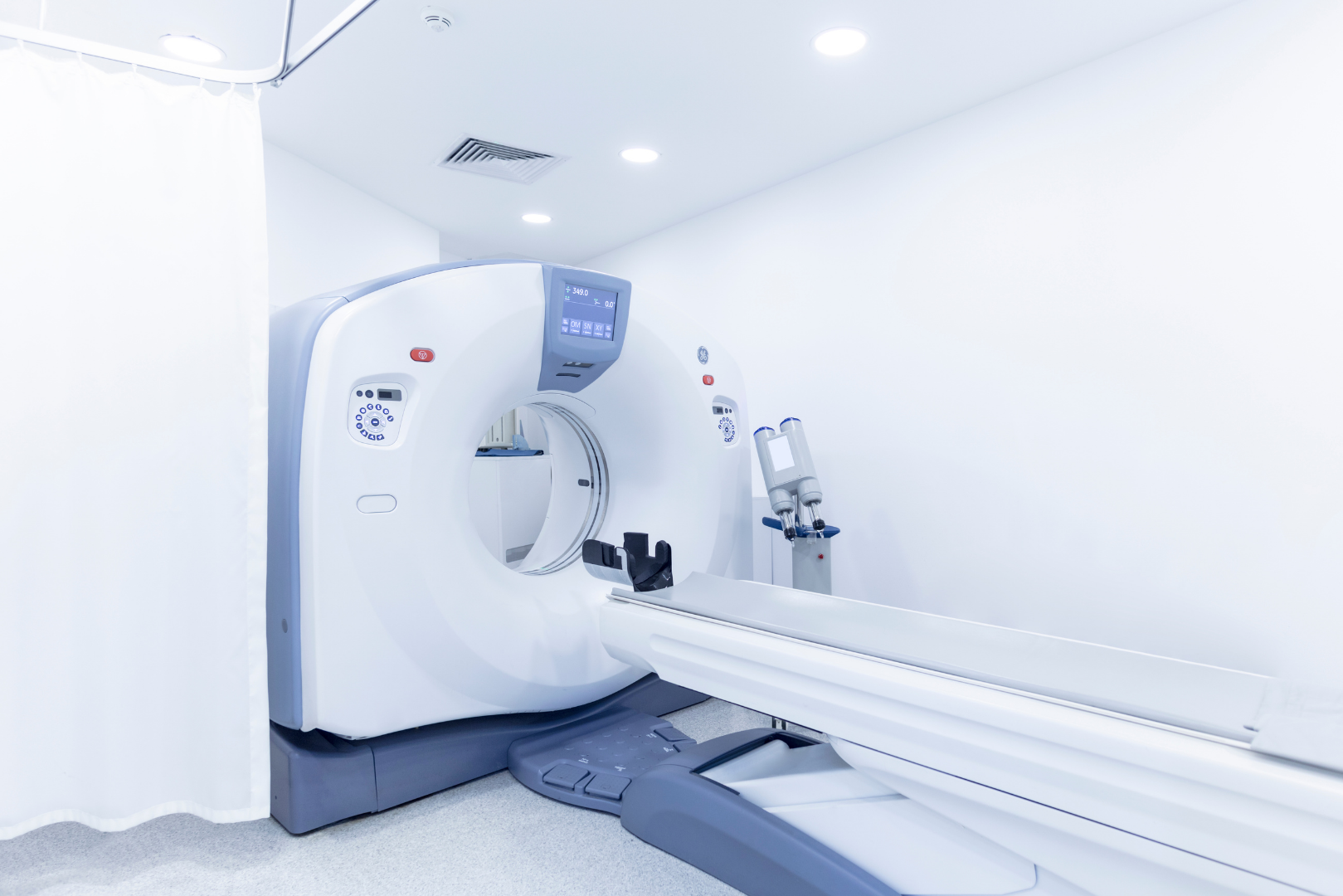Magnetic resonance imaging (MRI) plays a vital role in current patient diagnosis, as it allows doctors and experts to peer into our heads without having to pry them open. It gives us a pretty good view of the brain and the stuff around it and is crucial to fields ranging from surgery to psychology.
Given these, it seems like it’s just about due time for MRI to receive an update. Sure, it’s vital to medical processes and functions, but it is also unwieldy; it takes up an entire hospital room—meaning any patient who’s unfortunately pretty far away from a big hospital is pretty much out of luck.
Fortunately, researchers from the University of Hong Kong (HKU) are on the case; in response to this need for a more portable solution to MRI, they’ve developed a “mobile” MRI machine that uses a fraction of the strength of the magnetic fields used by standard MRI machines. Their research was published in the journal Nature Communications.
This more mobile MRI designed by the team requires only 0.055 T (tesla; unit of magnetic field strength) to use compared to the upwards of 3 T required for run-of-the-mill MRI machines. It also takes up a fraction of the space, as it only has a 2 sq. m (21.5 sq. ft.) footprint.
The mobile MRI machine uses deep learning algorithms to cancel out leaking radiofrequency (RF) signals, compared to the RF shielding in use by standard machines that take up entire rooms to use. Currently, the entire mobile MRI machine weighs a total of 750 kg (1,600 lbs), but the team believes they can take the weight all the way down to 500 kg (1,100 lbs) through further research.
And, perhaps most crucially, the machine was tested on 25 different patients with differing illnesses: eight (8) with ischemic stroke, thirteen (13) with brain tumors, and four (4) with intracerebral hemorrhage. While the images obtained by the mobile machine weren’t as clear as those from its bigger cousins, it certainly carried enough detail for the experts examining them to identify key pathologies in all patients.
Future works will involve further testing of the machine, as well as refining the design and function to allow it to truly serve its function as a low-cost, low-power alternative to traditional MRI.
(For more body monitoring news, check out the new breed of computers that are just stuck to your bone, then follow it up with novel glucose sensors that go only on your skin.)
References
- Irving, M. (2021, December 15). Mobile MRI machine detects brain disorders at a fraction of the cost. New Atlas. https://newatlas.com/medical/low-cost-mobile-mri-machine/
- Liu, Y., Leong, A. T. L., Zhao, Y., Xiao, L., Mak, H. K. F., Tsang, A. C. O., Lau, G. K. K., Leung, G. K. K., & Wu, E. X. (2021). A low-cost and shielding-free ultra-low-field brain MRI scanner. Nature Communications, 12(1), 7238. https://doi.org/10.1038/s41467-021-27317-1
- Magnetic resonance imaging (MRI). (n.d.). National Institute of Biomedical Imaging and Bioengineering. Retrieved 16 December 2021, from https://www.nibib.nih.gov/science-education/science-topics/magnetic-resonance-imaging-mri
- Wu, E. (2021, December 14). Neuroscience: Inexpensive MRI scanner could improve access to neuroimaging. Asia Research News. https://www.asiaresearchnews.com/content/neuroscience-inexpensive-mri-scanner-could-improve-access-neuroimaging











